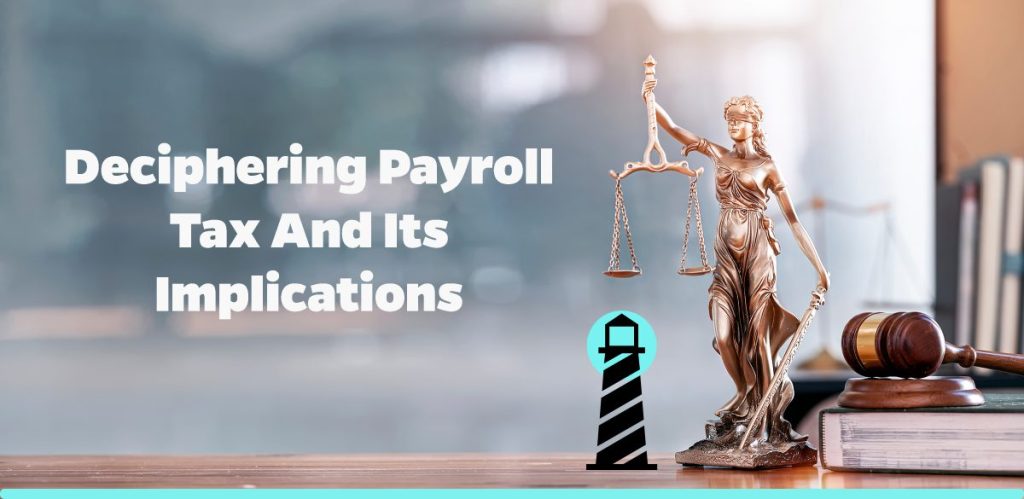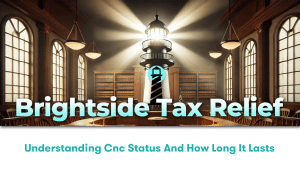Understanding Payroll Tax
When it comes to understanding the intricacies of the tax landscape, payroll tax is a concept that often seems to baffle taxpayers the most. Here at Brightside Tax Relief LLC, we believe that gaining clarity on such concepts is a crucial step in effective financial management. Payroll tax, in its simplest definition, is a type of tax that is levied on employers and employees, the money for which is directly withdrawn from the employee’s wages.
Components of Payroll Tax
A crucial constituent of payroll tax is the FICA (Federal Insurance Contributions Act) tax, which is a federal payroll contribution toward Social Security and Medicare. Hence, this tax is not a singular entity but a combination of various taxes that cater to diverse aspects of social welfare. The two primary components of this tax that you should be aware of are:
- Social Security Tax: This tax serves as a safeguard intended to protect individuals who are either retired or disabled. The current rate for this tax stands at 6.2% for both employers and employees.
- Medicare Tax: Aimed at providing medical benefits to individuals above the age of 65, this tax has a rate of 1.45% for both the employer and employee.
Implications of Payroll Tax
Payroll tax has far-reaching implications for both employers and employees.
- Employers: Employers are not only responsible for withholding the correct amount of payroll tax from their employees’ wages but also for matching these contributions. Failure to do so can result in severe penalties.
- Employees: For employees, payroll tax decreases the take-home wage amount. However, in the larger picture, it contributes to their future social security benefits.
The Role of Brightside Tax Relief LLC in Payroll Tax Management
Payroll tax management can be a daunting task for many businesses, especially given its prominence in the overall tax infrastructure. This is where Brightside Tax Relief LLC steps in. With a nationwide presence, our focus extends beyond basic tax relief services, to assist businesses with effective payroll tax management.
The Importance of Timely Payroll Tax Payments
As emphasized by the Internal Revenue Service (IRS), timely payment of payroll taxes is of utmost importance. Late payments can incur heavy penalties and interests. Negligence in payment not only results in financial loss but could also lead to a ‘Trust Fund Recovery Penalty,’ imposed by the IRS on businesses failing to promptly pay employment taxes.
Conclusion
Payroll tax, albeit complex, is an integral part of the U.S. tax system. Thus, understanding its components and implications is vital. Whether you are an employer or an employee, navigating the payroll tax landscape can be significantly simplified by partnering with tax relief experts. At Brightside Tax Relief LLC, we stand committed to empowering taxpayers with information, and aiding them in efficiently managing their tax responsibilities.
Remember, understanding and correctly managing your payroll tax obligations not only safeguards your business from potential penalties but also contributes to the betterment of society. After all, every penny contributed as payroll tax plays a pivotal role in funding social welfare programs that benefit all.




